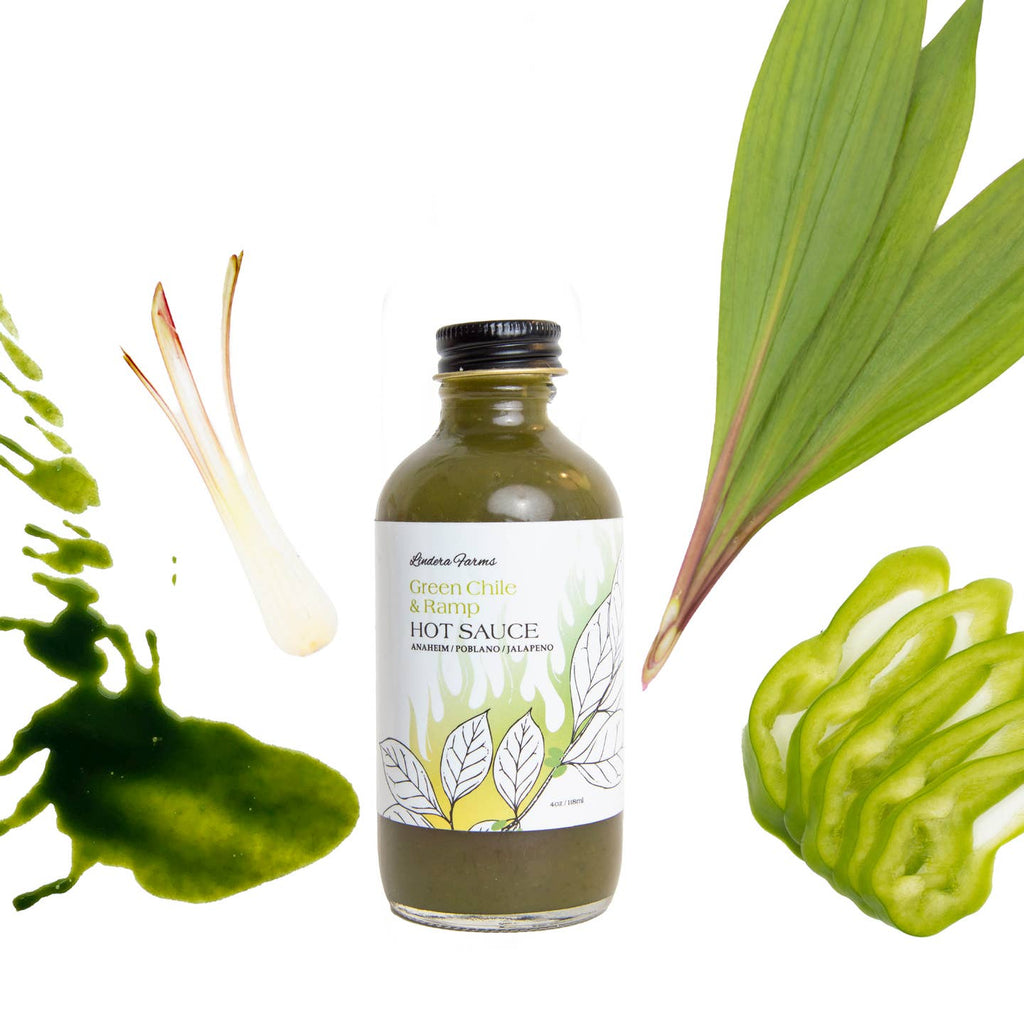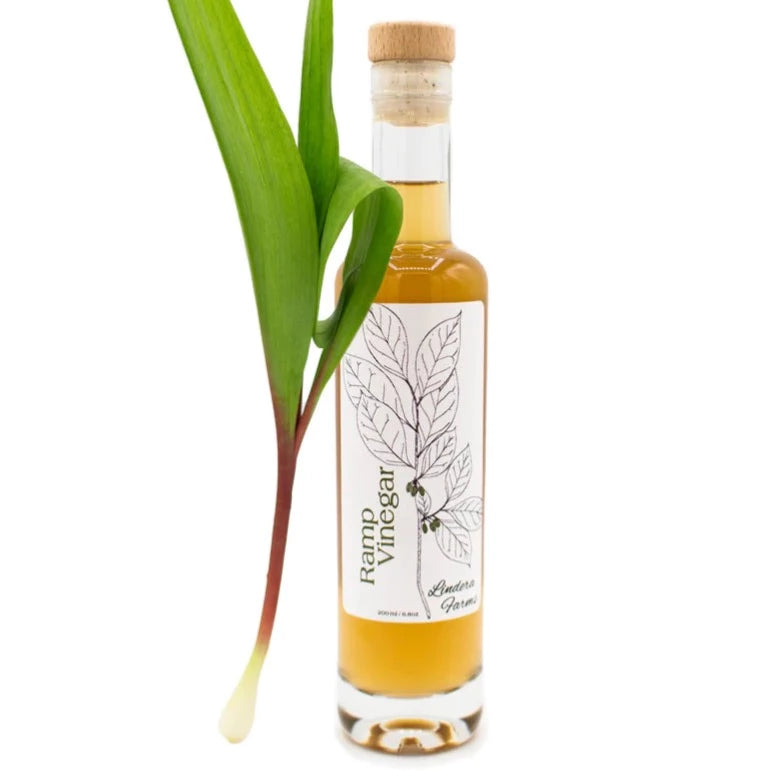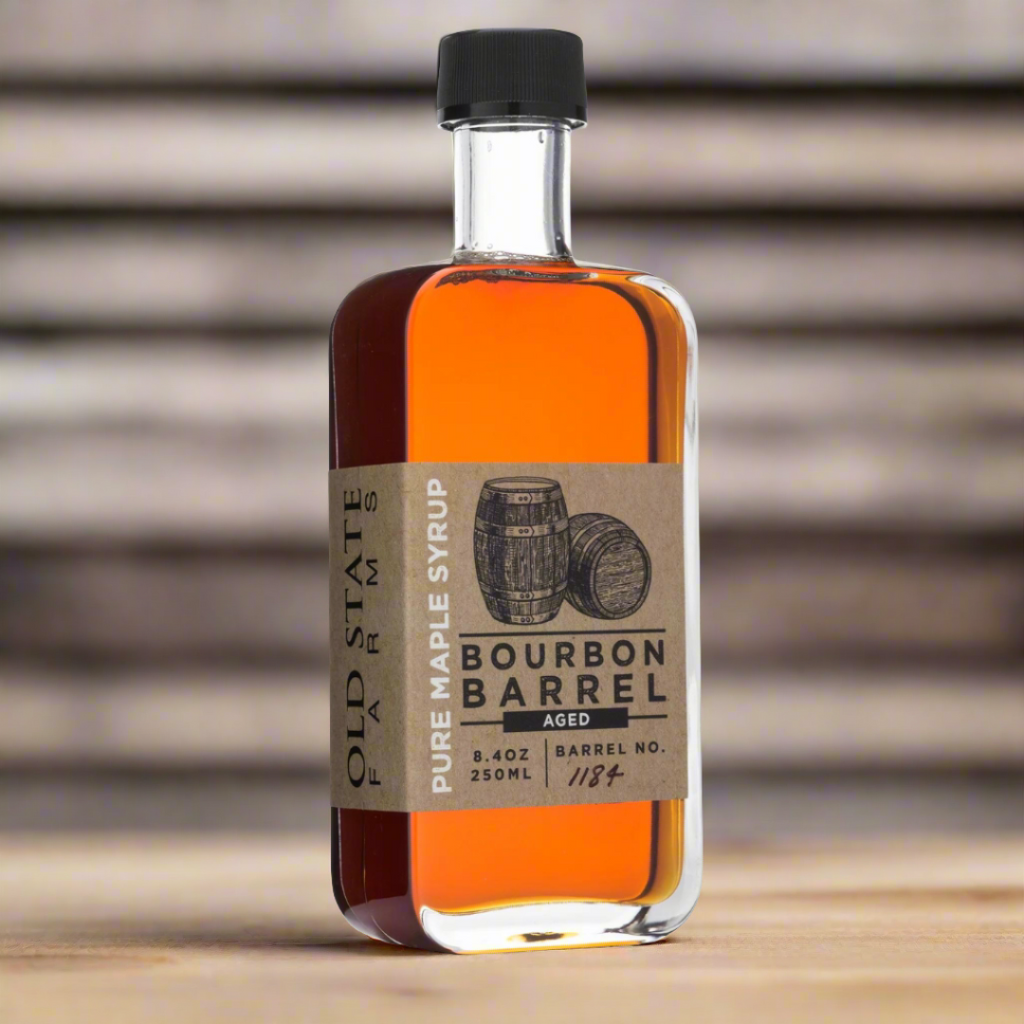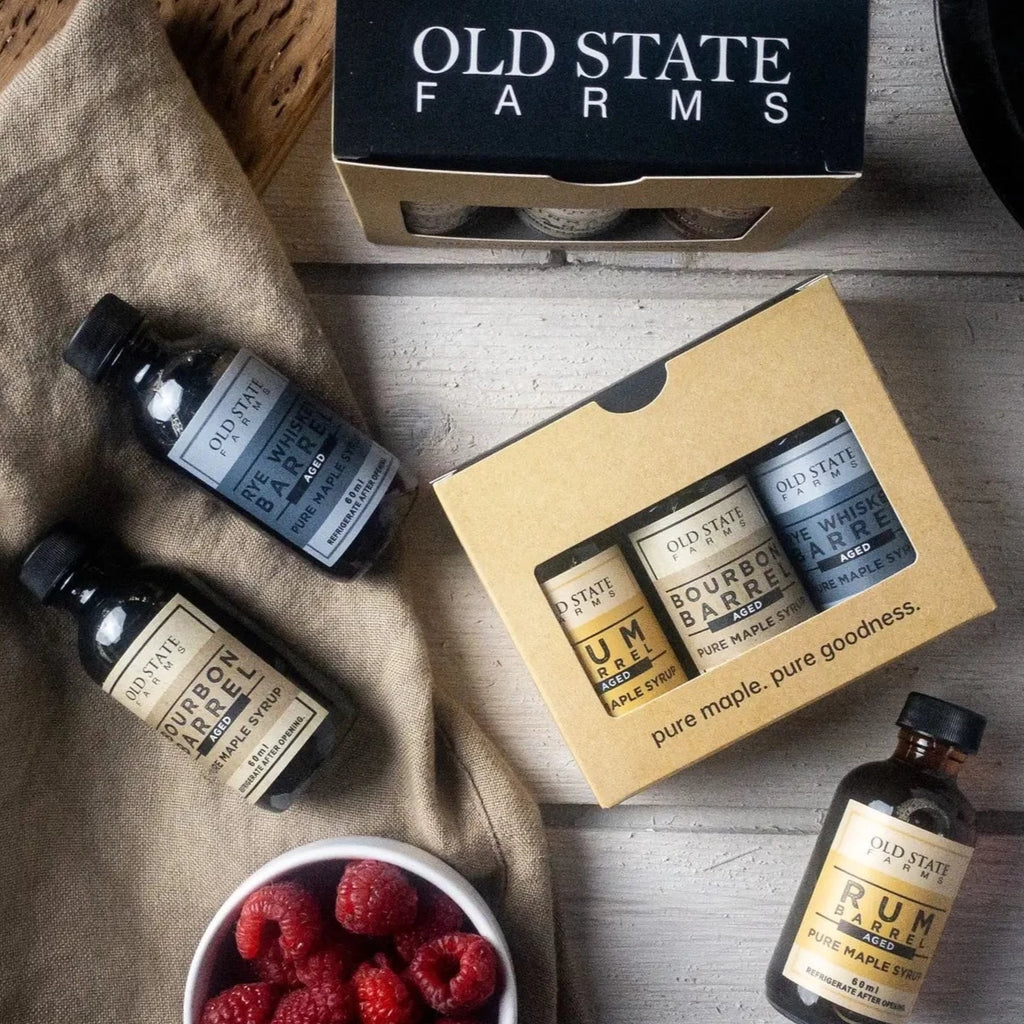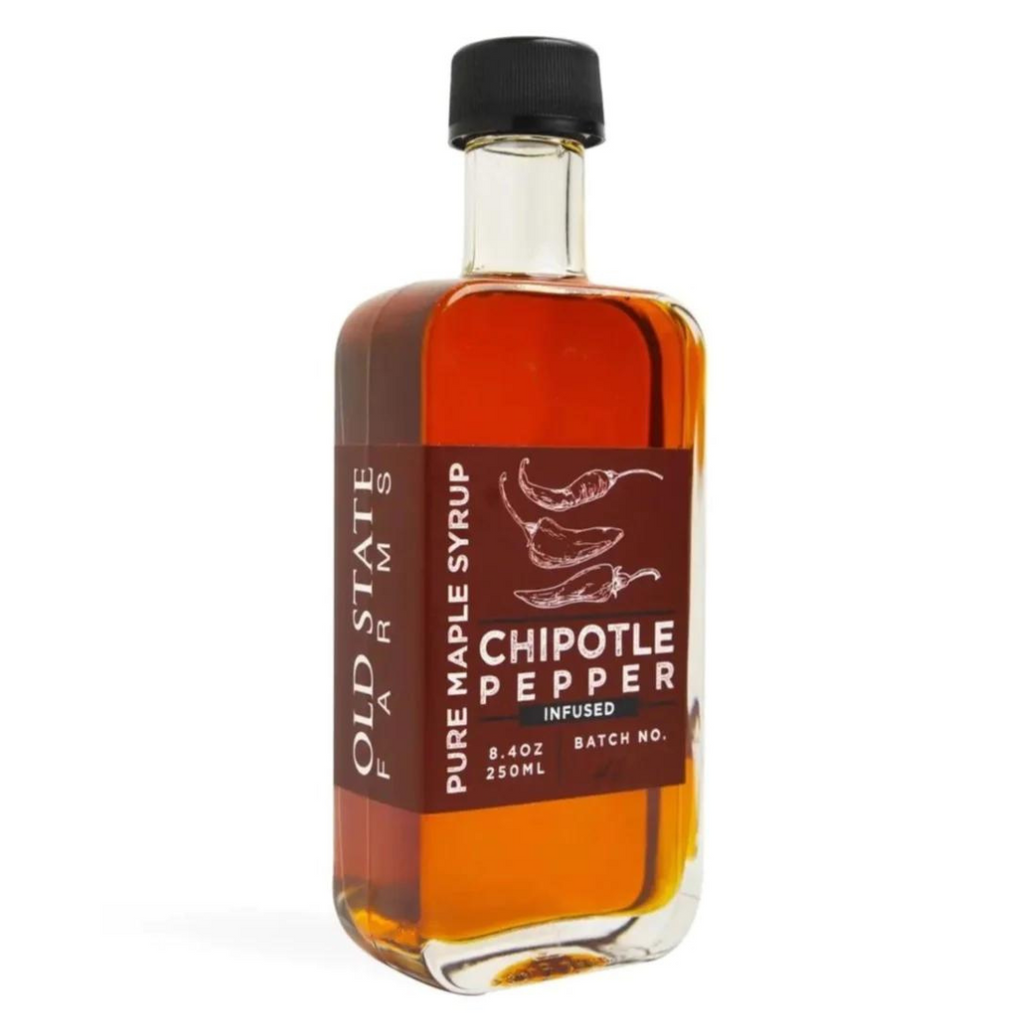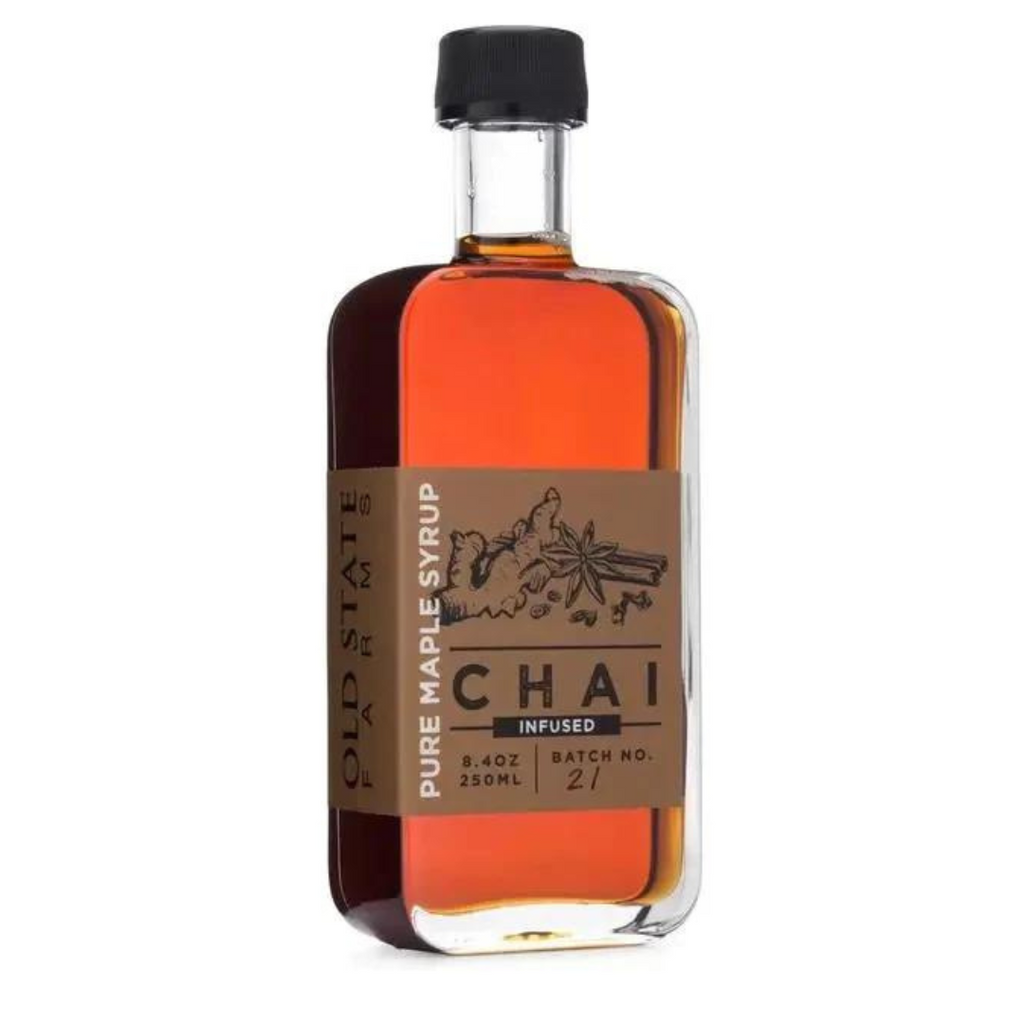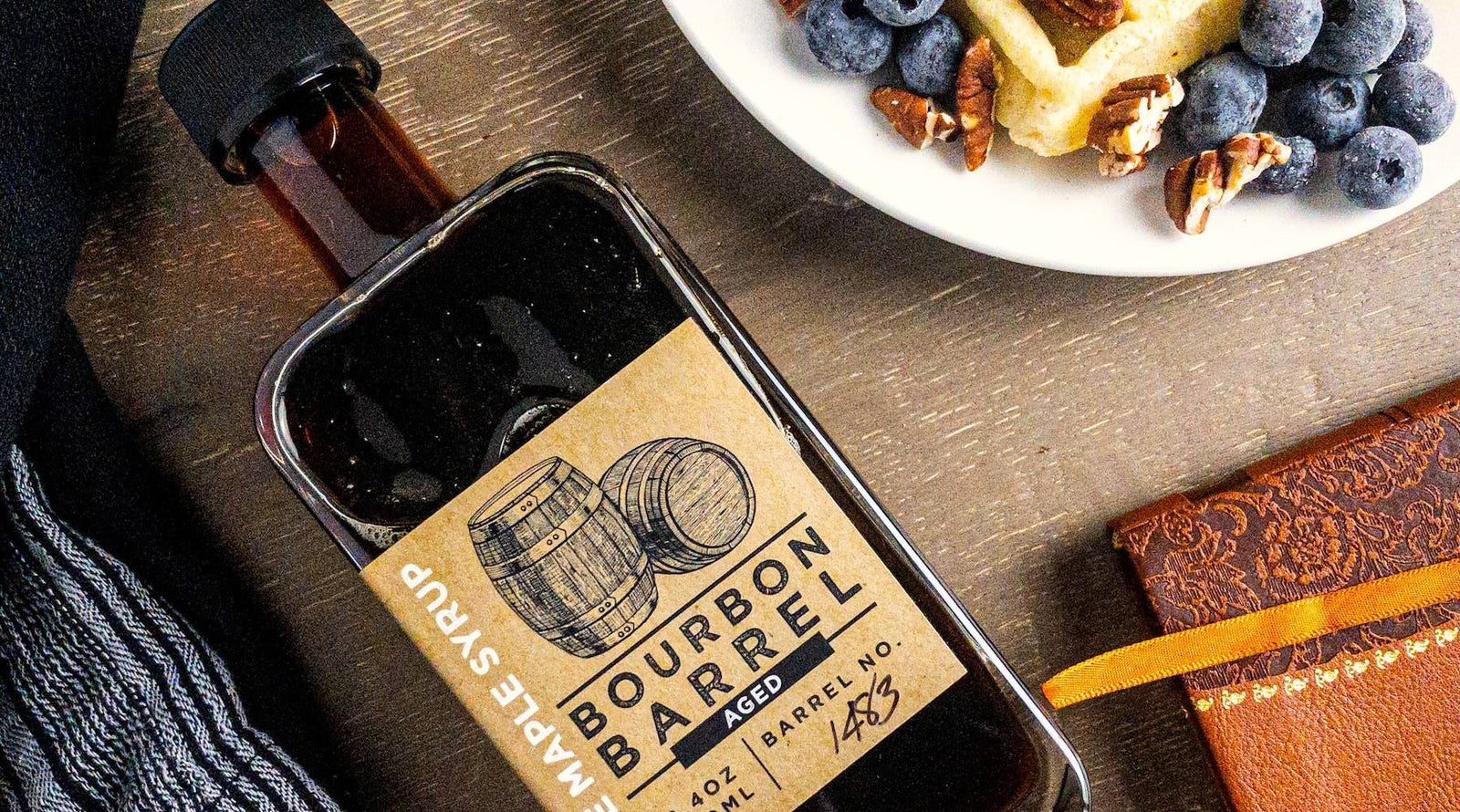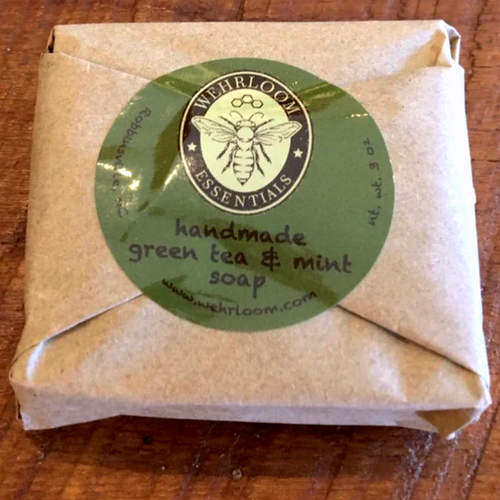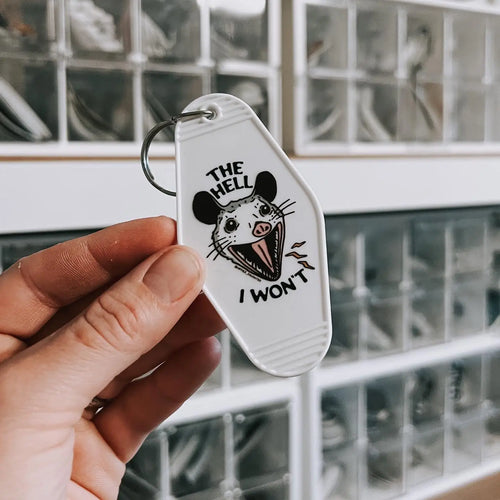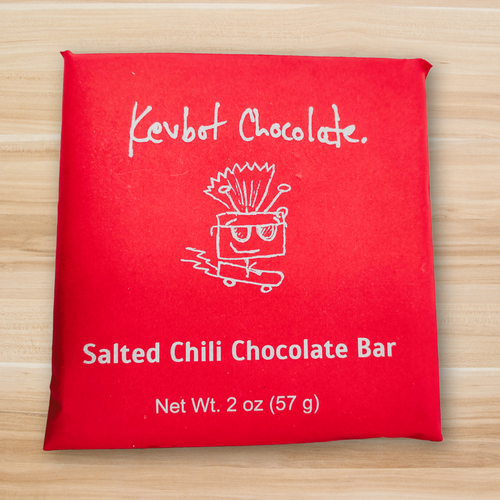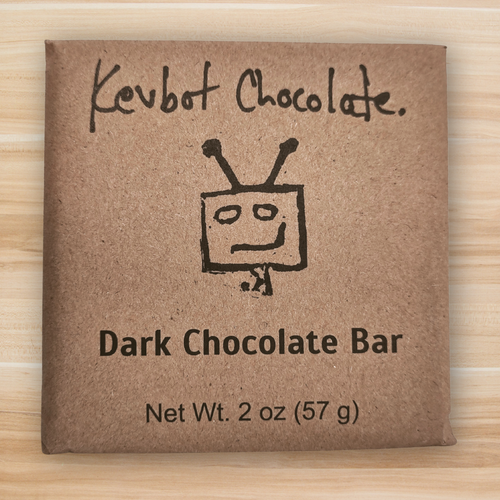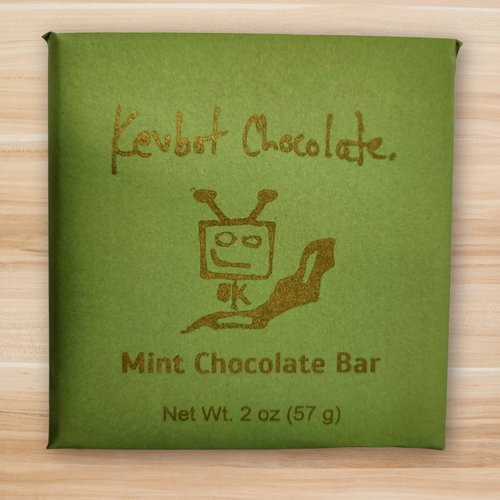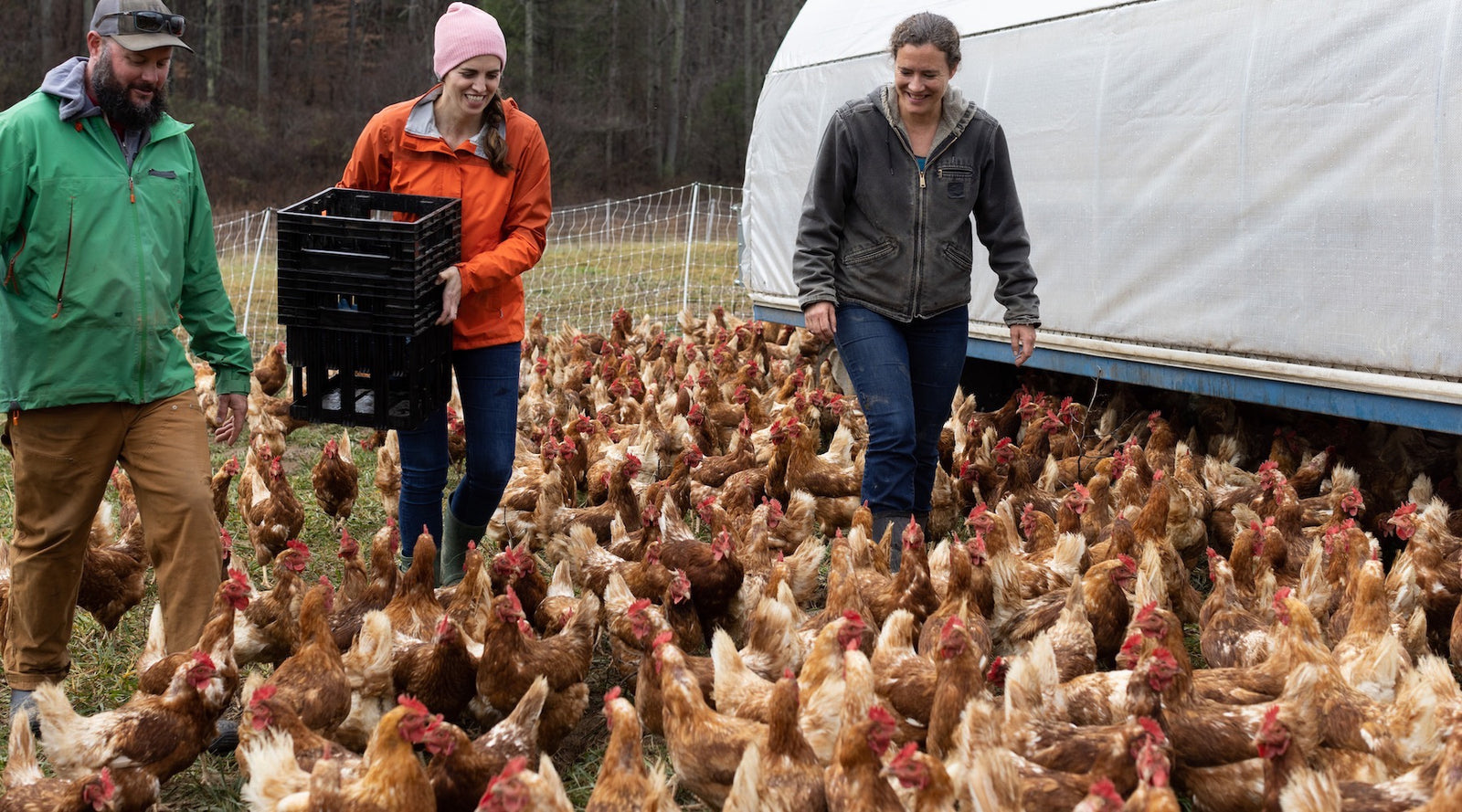
CHEF KATIE BUTTON WITH DRY RIDGE FARM OWNERS WENDY AND GRAHAM BRUGH. PHOTO COURTESY OF MAGNOLIA NETWORK.
“It’s all about getting out of the way of nature.” — Chef Katie Button
Have you ever tried to decipher labels on an egg carton?
Descriptors like “pasture-raised” or “cage-free” suggest the farm behind the eggs is doing something right, but it’s impossible to know the details.
That’s not good enough for Katie Button, the chef behind Asheville’s award-winning Spanish restaurant Cúrate. For her, seeing is believing, so she’s visited her favorite egg supplier — Dry Ridge Farm in Mars Hill, North Carolina. “The shell is harder, and they’re harder to crack because they’re healthier,” Katie said of the farm’s signature eggs. “When you crack it and look at it, the white stands up. It’s not like a watery mess. The yolk also stands up really tall in the center. And the color of the yolk is more orange.”
The yolks also give the eggs superior flavor, and tasting is believing. At La Bodega, a restaurant-market located above Cúrate, the eggs are whisked into a lunch-ready Tortilla Vaga, essentially a flat omelet topped with peppers, cheese, and mushrooms, and into a rolled omelet for the Bocadillo Tortilla Francesa, where it’s tucked into a house made baguette slathered with a fresh tomato spread. Dry Ridge Farm's eggs also elevate desserts such as Crema Catalana, a luscious, orange-scented egg-and-cream based custard capped with a layer of caramelized sugar.
Katie first connected with the farm’s owners, Wendy and Graham Brugh, in 2015 when she was seeking a sustainable pork supplier. “They were really wonderful people and spoke really openly about their practices and why they’re passionate about what they do,” Katie said. “When they started doing pasture-raised eggs it was exciting.”
FARM FRESH FOODS
The Brugh’s maintain exactly what you envision when you think of a bucolic farm: chickens strutting in the sunshine, scratching in the dirt, pecking at the grass, and pulling up worms. Both of Dry Ridge Farm’s flocks, each comprised of 2,000 birds, have access to seven acres of farmland; a stark contrast to the horrible "factory farm" conditions in which tens of billions of birds live and die each year.
Every other day, Wendy hitches an egg mobile — essentially a hoop house on a hay wagon — to her tractor and transports the chickens to a new portion of grassy, fenced-in farmland. The doors automatically open at sunup and close at sunset, and the chickens can come and go as they please during daylight hours.
“With all of our animals, we’re trying to maximize animal welfare while minimizing environmental impact,” Wendy explained. “The goal is to leave the property better than before the animals were on it.” As the chickens run through the grass, scratch, and peck, they’re removing bugs and parasites and spreading manure, which helps add fertilizer and replace nutrients in the soil, thereby creating more biodiversity.
In addition to natural food sources, the chickens also receive feed that’s milled using local grains, and their feed is overseen by a chicken nutritionist (yes, it’s a thing!) who adjusts protein and amino acid levels based on the laying hens' ages and weather changes. “If we fed the same feed throughout the year, we would still have an exceptional egg,” Wendy said. “But we’re improving size and shell quality over time by adjusting our feed. I don’t want anything to be ‘good enough.’”
When Katie was scouting farms to feature in the third season of her television series, "From the Source," Dry Ridge was a natural fit. But it wasn’t until she spent time on the farm that she truly understood what “pasture-raised eggs” means, and how labor intensive it is to uphold Dry Ridge Farm’s standards and sustainable practices.

KATIE LENDS A HAND AT DRY RIDGE FARM. PHOTO COURTESY OF MAGNOLIA NETWORK.
For Katie, an episode highlight was putting the eggs through a washer. First, the eggs are carried on a conveyor belt to a person who uses a light and mirrors to check for imperfections. “I sat down and tried to do it, and it was like a train wreck. I couldn’t see any of the cracks!” Katie said. The eggs are then run through the washer, sorted, and boxed. “It’s crazy to do that kind of work with something so breakable,” she added. “Spoiler to the episode: a lot of broken eggs on my watch.”
Katie uses each episode of "From the Source" to deepen her own understanding of food production. “I realized we don’t know a lot about where our food comes from and what separates one particular producer from another or a sustainable farming practice from another,” she said. “The overall theme that I keep seeing is ‘it’s all about getting out of the way of nature.’ When we…shove a bunch of chickens in a barn with no light and no room because we’re focused on volume production, versus nature, the quality fails.”
Wendy noted that this quality comes at a cost. “We pay our employees a much better wage than what most farm laborers are paid, and that’s mostly because we have customers that understand that a high-quality product with strong ethics is going to cost more.”
Not everybody can afford that, she acknowledged, but for those who can, buying from a sustainable farm like Dry Ridge is an easy way to be a “good egg” while getting great eggs.
Watch the Dry Ridge Farm episode of "From the Source" on Discovery+ starting May 28, 2023 or on Discovery’s cable channel, June 4, 2023 at 2 p.m. EST.


